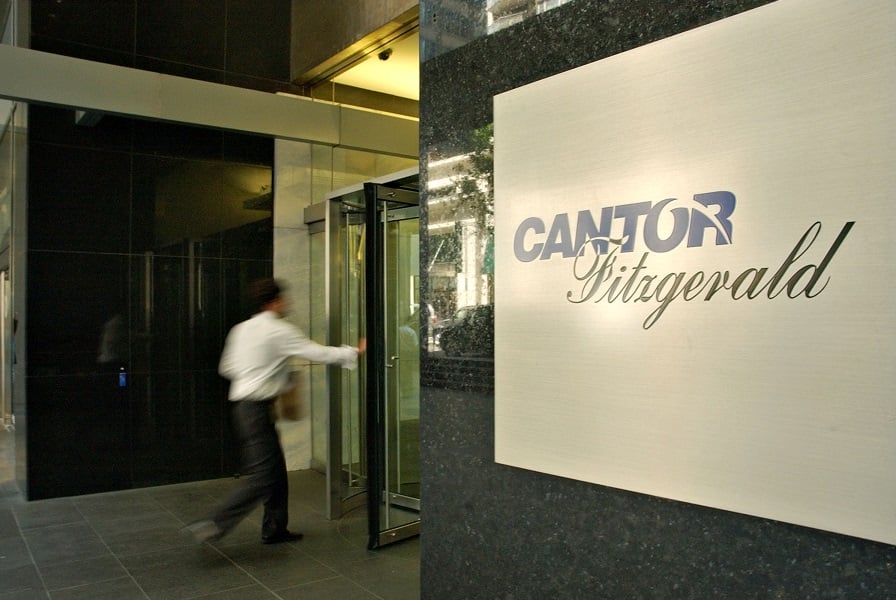The Financial Industry Regulatory Authority ordered investment bank Cantor Fitzgerald & Co. to pay $7.3 million in sanctions for allegedly selling billions of unregistered microcap shares and having inadequate supervisory policies and anti-money laundering programs in place, the regulator announced on Monday.
Two executives were also suspended and fined.
According to Finra, Cantor Fitzgerald failed to have an efficient system to determine whether microcap securities were registered with the Securities and Exchange Commission, therefore bypassing potential red flags. As a result, the firm sold billions of unregistered shares between March 2011 and September 2012 without “adequate review and due diligence,” the regulator wrote in its press release.
Cantor Fitzgerald neither admitted nor denied the charges but consented to the regulator's fines of $6 million and an ordered disgorgement of about $1.3 million in commissions, plus interest.
The firm did not respond to a request for comment.
Jarred Kessler, executive managing director of equity capital markets, was suspended for three months in a principal capacity and fined $35,000 for supervisory failures while equity trader Joseph Ludovico was suspended in all capacities for two months and fined $25,000. Mr. Kessler failed to respond to red flags that the system was insufficient and Mr. Ludovico was the broker of record for the sales of the shares, the press release states.
As of Monday, neither executive had any disclosure events listed in a BrokerCheck search.
This comes only months after the bank's wealth management unit
lost its third executive this year alone.
Microcap sales can be risky and lead to investor harm, Brad Bennett, Finra executive vice president and chief of enforcement, said in a statement. That is why the regulator, which saw an
a growth in income last year because of an uptick in fines, finds that it is crucial firms adhere to strict supervision of risky investments. Cantor Fitzgerald has recently shown interest in getting into
nontraded real estate investments, another high-risk investment.
"If a broker-dealer is looking to increase its revenues by expanding a high-risk business line, the firm and its supervisors must tailor their supervision to the risks associated with those businesses,” he said in a statement. “FINRA has no tolerance for firms and business executives who choose to engage in this business without robust systems designed to ensure that they do not become participants in illegal, unregistered distributions."







